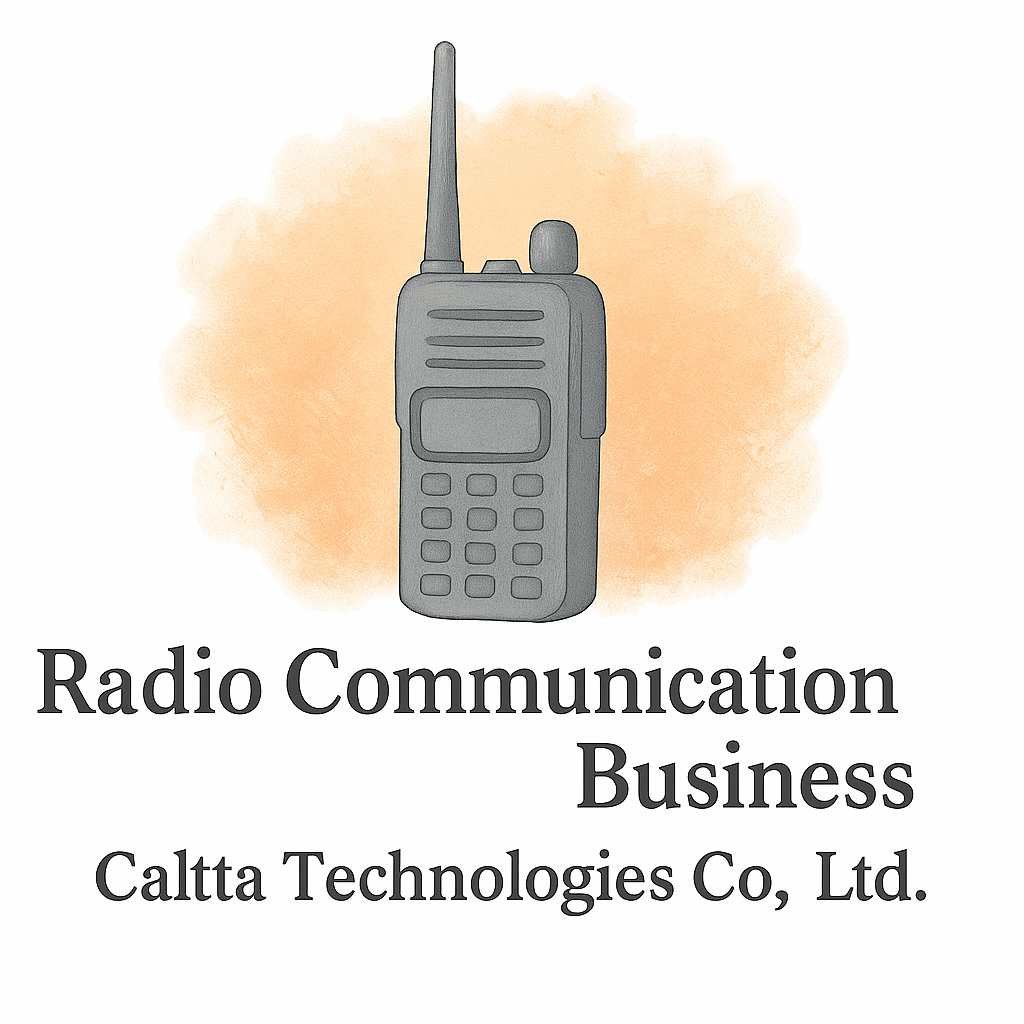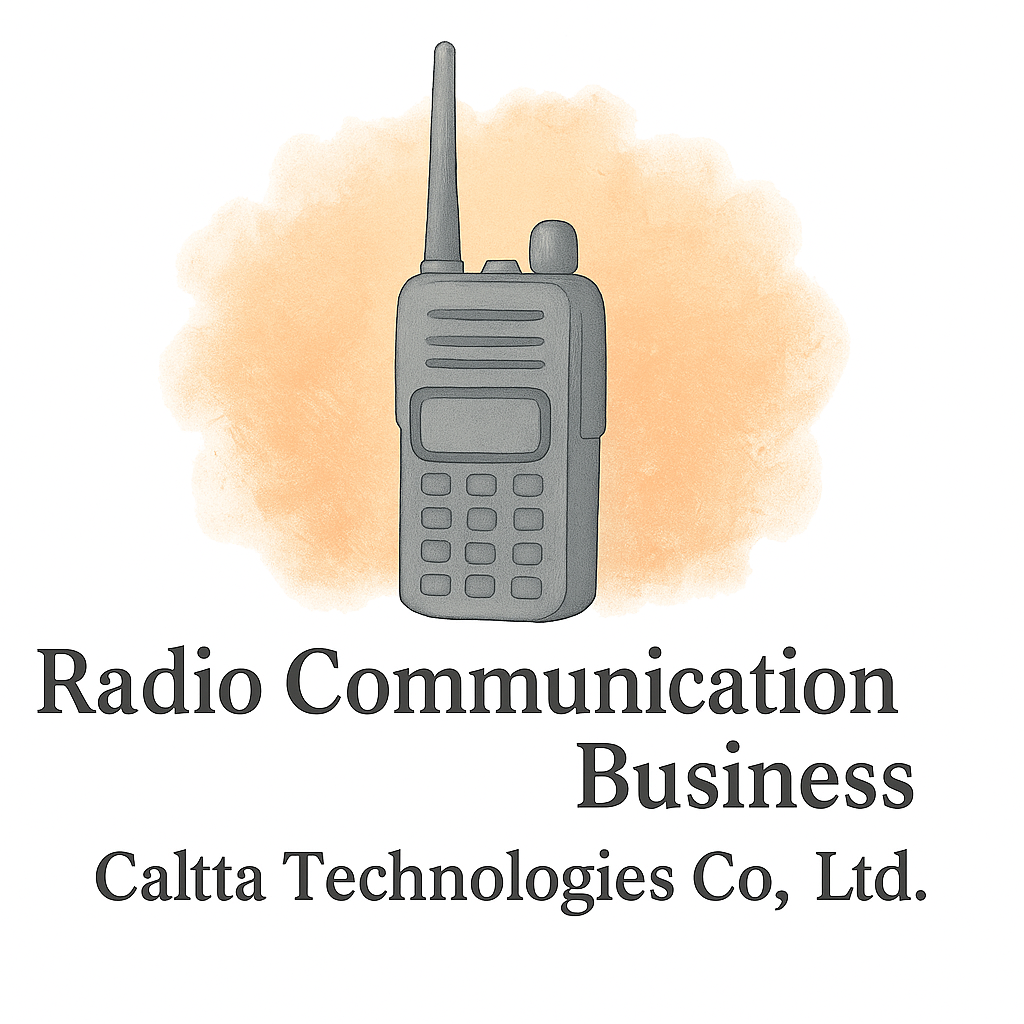Introduction to Affordable Tech for Startups
Starting a radio communication business doesn’t have to drain your wallet. The good news? Plenty of reliable, cost-effective tech solutions are out there if you know where to look. Whether you’re building a team communication system or launching a larger-scale radio network, smart choices on a tight budget can still deliver big results.
Why Budget Matters for Radio Startups
Let’s face it: money matters, especially when you’re launching. Every dollar saved on equipment is a dollar you can invest in marketing and branding, training, or scaling operations. Budget-friendly doesn’t mean low quality—it means smart investments.
How to Choose the Right Tech for Your Startup
Key Factors in Tech Selection
- Scalability: Can your tech grow with your business?
- Durability: Will it survive field conditions?
- Ease of use: Can your team pick it up quickly?
Common Pitfalls to Avoid
- Going too cheap and sacrificing reliability.
- Overbuying features you don’t need yet.
- Ignoring compliance regulations.
1. Entry-Level Two-Way Radios
Features to Expect
Affordable models still offer clear audio, decent battery life, and some weather resistance. Look for UHF/VHF compatibility.
Best Budget Brands
- Baofeng: Super budget-friendly and customizable.
- Midland: A solid mid-range brand.
- Motorola (entry models): Trusted reliability on a tighter budget.
Explore more on equipment to understand which models are right for you.
2. Mobile Radio Units
Ideal for Vehicles
If your team works out of trucks or vans, mobile units are a must. They’re stronger and offer wider coverage.
Recommended Models
- AnyTone AT-778UV: Dual-band with good reviews.
- TYT TH-7800: Good balance between cost and functionality.
3. Software-Defined Radios (SDRs)
Benefits of SDRs
SDRs let you experiment with various frequencies and protocols via software. They’re perfect for agile startups.
Affordable SDR Options
- RTL-SDR Blog V3: Ideal for beginners.
- HackRF One: A bit pricier but much more flexible.
SDRs are a hot topic in industry insights, especially for startups pushing innovation.

4. Walkie-Talkie Apps and Smartphone Integration
When Apps Make Sense
Apps like Zello or Voxer are game-changers when teams already use smartphones. Perfect for urban settings and event crews.
Top-Rated Communication Apps
- Zello: Real-time voice with channel control.
- Voxer: Combines voice and text.
Apps are often featured in tech hacks for startups looking to save.
5. Affordable Repeater Systems
Extending Communication Range
Repeaters boost your signal range significantly. Crucial if you’re covering large areas or multiple buildings.
Budget Repeaters to Consider
- BridgeCom Systems BCR-40U
- TYT TR-8000D
Get into the details at business startup basics to understand how to integrate repeaters into your strategy.
6. Refurbished or Used Radio Equipment
Pros and Cons
- Pros: Major savings, access to higher-end models.
- Cons: Limited warranties, potential wear and tear.
Where to Find Reliable Used Tech
- Local radio clubs
- eBay with seller ratings
- Certified refurbishers
Check out related advice tagged cost-saving and equipment.
Equipment Maintenance and Cost Saving Hacks
DIY Maintenance Tips
Regularly clean connectors, update firmware, and store gear properly. These small steps extend the life of your devices.
Long-Term Savings
Routine checks save money on replacements. Build maintenance into your team’s weekly rhythm.
Case Study: A Startup Success Using Budget Tech
Lessons Learned
One startup launched a regional courier network using mostly Baofeng radios and Zello apps. They kept setup under $1,500.
Tools That Made the Difference
- Entry-level handhelds
- Smartphone integration
- Strategic partnerships from attending radio conferences
Compliance and Legal Considerations
Staying Within Regulation
Ensure your devices are FCC-approved and follow your country’s regulations. Don’t get caught out.
Key Licensing Requirements
Research local laws and get the right licenses—some low-power gear is license-free, but not all. Visit compliance resources for updates.
Marketing Your Radio Startup on a Budget
Social Media for Promotion
Platforms like LinkedIn and Facebook can work wonders. Share behind-the-scenes setups or customer stories.
Branding without Breaking the Bank
Use Canva for visuals, host a free webinar, or create explainer videos with smartphones.
Explore deeper insights on marketing and promotion hacks.
Leveraging Industry Events and Networking
Conferences to Attend
Attend niche expos like IWCE or local ham radio meets. Get ideas, partners, or even customers.
Building Partnerships
Collaborate with nearby small businesses for bundled services. It’s about who you know, not just what you know.
Future-Proofing Your Tech Investments
Scalable Options
Choose tools that grow with you—SDRs and modular systems are great examples.
When to Upgrade
Look for these signs: increased downtime, poor battery life, or outgrowing capabilities.
Conclusion
Starting your radio communication business on a budget doesn’t mean settling for second-best. With the right tools and strategy, you can build a lean, powerful operation that’s ready to grow. Prioritize needs, stick to proven options, and keep evolving. Remember—tech is just a tool. It’s how you use it that counts.
FAQs
- What’s the best two-way radio for under $50?
The Baofeng UV-5R is a popular pick for its price and performance. - Can smartphone apps really replace radios?
For short-term, low-distance use—yes. But for mission-critical or remote settings, traditional radios win. - Where can I buy quality used radio gear?
Try certified resellers, eBay, or local radio clubs. - Do I need a license to operate these radios?
Some radios require licensing, especially if you’re on certain bands. Always check with local authorities. - How often should I maintain my radios?
Monthly basic checks and yearly deep inspections are recommended. - Is SDR tech good for beginners?
Yes, especially if you’re interested in experimentation and software control. - What’s one tech upgrade I shouldn’t skip?
A reliable repeater. It boosts your range and professionalizes your setup.
For more on startup tips, browse Caltta International.


